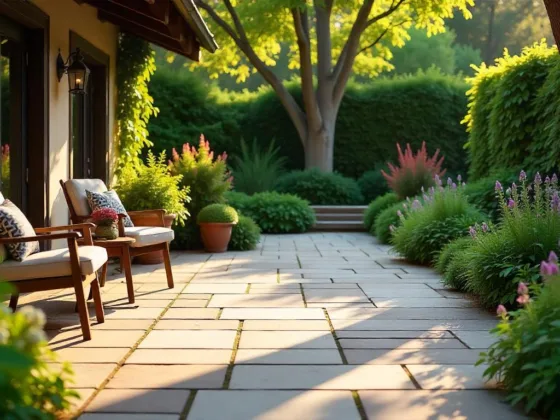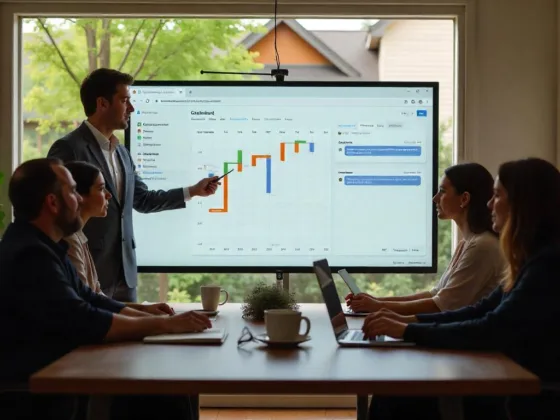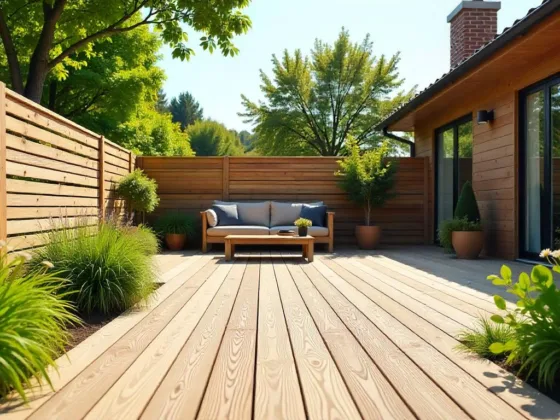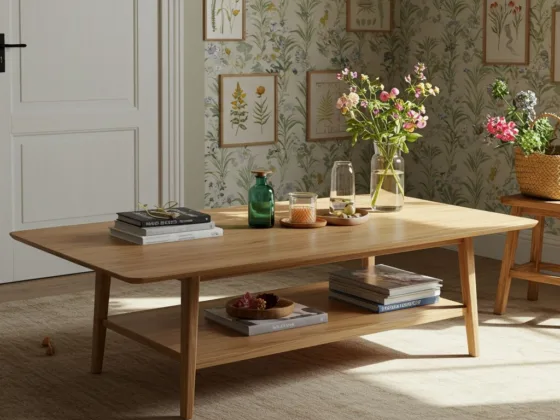Table of Contents Show
Depending on your preferences, your home garden could serve as a source of food or as an aesthetic masterpiece, or both. No matter the setup of the garden, you need to keep it healthy if you are to enjoy the fulfillment that comes from gardening. Plant diseases could prove quite difficult to control and they happen to spread very fast.
Your best bet is taking precautions that would help prevent these diseases and detecting them early if they eventually invade your garden. Upgrading to a smart garden is one of the ways by which you can prevent plant diseases or detect them early.
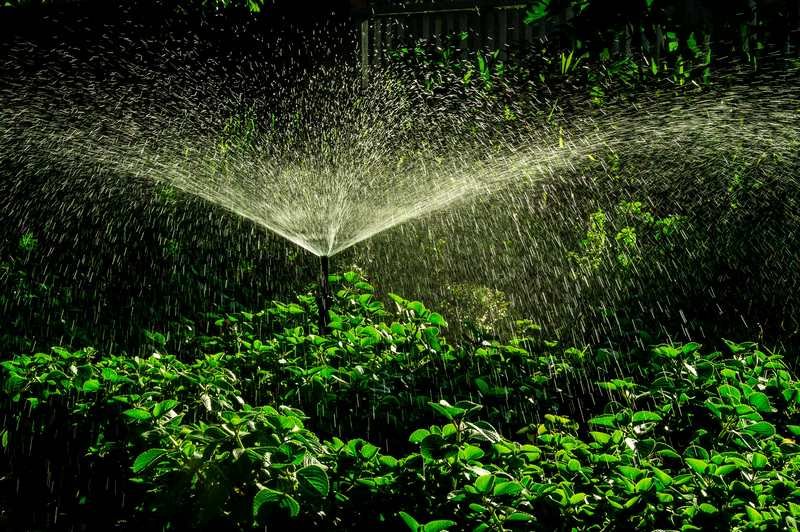
Be Smart to Keep Your Home Garden Healthy
It is also interesting to note that plant diseases are not the only factor that could frustrate your efforts at keeping a healthy garden. Pests, climate, and flooding or drought could also hamper your efforts at having that perfect, lush garden you’ve always dreamed about.
Thankfully, there are numerous smart technologies that have been designed to aid your gardening efforts. Here are some smart garden technologies you should adopt in order to keep your home garden healthy.
1. Automated Drones or Security Cameras to Keep Out Pests
A pest invasion is the nightmare of any gardener. Within a few days, plant pests could undo all the good work you have done in months. But the pests also vary in size and control methods. If we were talking about insect pests, that would be pretty straightforward. You might just get a good pesticide like eden prairie pest management or try some other natural control methods and you are good to go.
Larger animals such as raccoons, rabbits, or rodents, on the other hand, could prove quite difficult to control. Many of them operate at night or when you are not around. With technology, you can effectively chase them away without hurting anyone. Automated drones are able to detect movement in your garden and they fly about in pre-determined trajectories to chase the animals away.
Another smart garden technology that could help with pest control is a security camera. You would be able to catch the pest in the act and you can easily devise new ways to prevent a return. Some security cameras are in sync with smart sprinkler controllers so the sprinklers spray water to chase the pest. The camera would also be equipped with night vision.
2. Smart Irrigation Systems
Automated sprinklers are a great invention, no doubt. But they can’t correctly decipher when and when not to water your plants. An automated sprinkler can still turn on in the morning when it just rained overnight. This could easily lead to a water-logged garden. A smart irrigation system is a much-needed upgrade on the automated sprinkler.
The system is able to detect when your garden needs to be water-based on past, present, and forecasted weather conditions. You can easily control the system to water or stop watering from anywhere in the world as long as you have your smartphone on you. This ensures you water your plants only when needed and incidences of waterlogging or flooding would be minimized.
Read Also:
3. Soil Sensors
Sol conditions greatly affect plant growth and health. While it may be easy for gardeners with the proverbial green thumb, green gardeners easily struggle to know the soil conditions that favor plant growth. Incorporating a soil sensor into your smart garden would help greatly in this regard. The soil sensors would be placed in your garden and all the data collected would be sent to your smartphone.
Soil sensors typically transmit data such as soil pH, soil moisture, soil temperature, and some can further provide information about soil nutrients. If the sensor has good online support, it could help you make certain decisions such as what to plant in your garden, when to add fertilizer, when to water your plants, etc.
4. Plant Sensors
Another smart garden technology that could help keep your plant healthy is the smart sensor. A smart sensor can help you detect sick plants. The sensors typically measure the amount of light absorbed by plants. Light energy is needed by plants to make their food and help them grow.
The sensor can detect if a plant is absorbing a lesser amount of energy than usual or isn’t absorbing at all. This is usually the hallmark of a sick plant. You may then make a move to find out what is wrong with the dying plant and see what you can do to help. Some plant diseases may require the elimination of the affected plant before they affect the whole garden.
5. Drip Irrigation Systems
When you water your plants and how much water you apply are not the only factors that are crucial to the health of your garden plants. Where your water also goes a long way in affecting their health. To start with, plants are only able to absorb water through their roots.
Surface water would have to percolate into the ground before the plants can have access to it. It shouldn’t be surprising therefore that about half the volume of water you sprinkle on your garden plants is lost to run-off.
A drip irrigation system applies water directly to plant roots. This ensures your plants can access the water easily and would also reduce your water bills. Furthermore, the continued presence of water on plant leaves could predispose the plants to various diseases. Most surface irrigation methods do not effectively leave out the leaves. This could affect the health of your garden plants in the long run.
When it comes to keeping a healthy garden, preventive techniques are always better and cheaper than attempting to find a solution when the problem is already full-blown. The smart technologies highlighted above would greatly aid your efforts at keeping a healthy garden. Moreover, the new trend for vegetable gardens appears to be going organic. Having a smart garden would also make it easy for you to do away with fertilizers and pesticides in your garden. And you would be conserving water by watering your plants effectively and efficiently.


